In Paul Bloom’s Against Empathy, the author takes on the idea that, for too many people, empathy is “the cure,” “the magic bullet of morality.”
He’s not so sure of that.
Neither am I. So, let’s get started, I told myself, rubbing my hands together as I opened his book.
Empathy can be “short-sighted,” “myopic,” and “insensitive . . . To costs and benefits.”
As much as he argues his case, I came away with the impression that he, or the people whose dinner parties he attends, feel less than human if they do not drip with empathy. In their eyes, the decent bloke stands for an absolute equality and must love people clear across the world as much as he love his own kin.
These are the emotional empathizers, the ones who feel others’ pain.
I am not one of them. I’m what Bloom calls a cognitive empathizer. That is, I recognize another’s pain.
Either style can motivate a person to relieve that pain.
Bloom suggests other qualities that can steady the empathetic impulse because empathy alone seeks after the short-term solution. This easy fix ignores or even creates problems downstream.
Bloom’s on-the-one-hand-then-on-the-other arguing wore on me. My notes and highlights thinned out after his introduction. I got a 15-minute magazine read’s worth of useful ideas out of his book.
Photo credits:
Compassion: Leonard J Matthews on VisualHunt.com/ CC BY-NC-SA
Free Empathy: AslanMedia on VisualHunt / CC BY-NC-ND

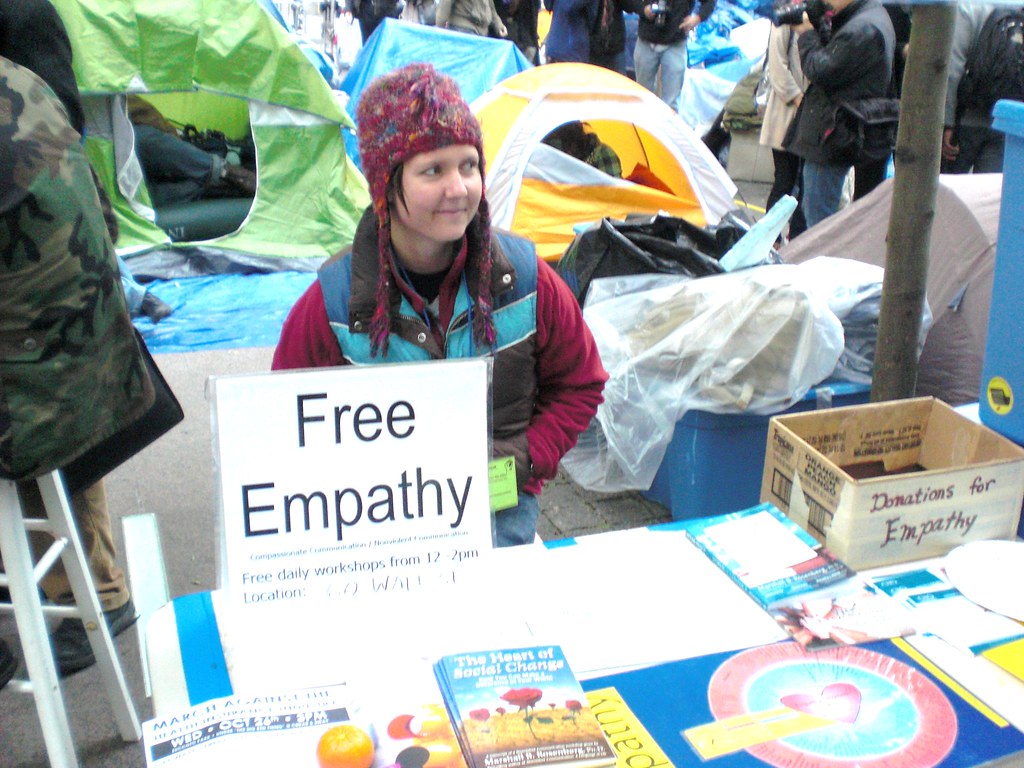

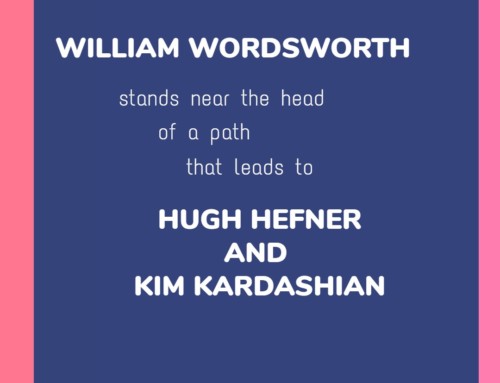
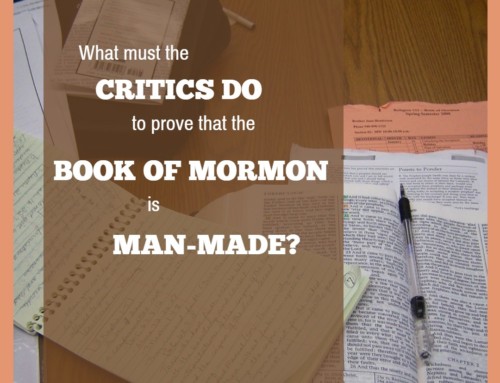

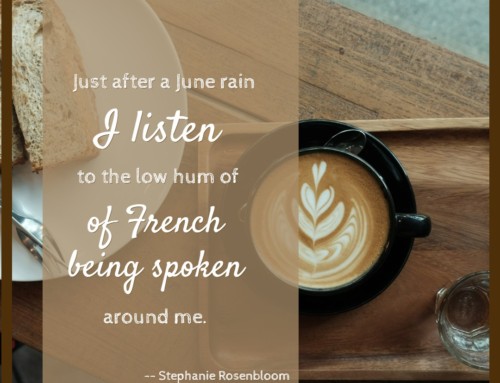
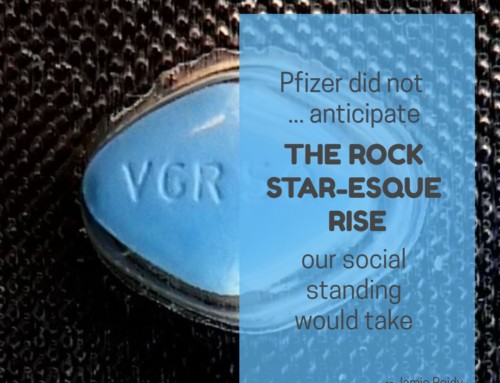
Leave A Comment